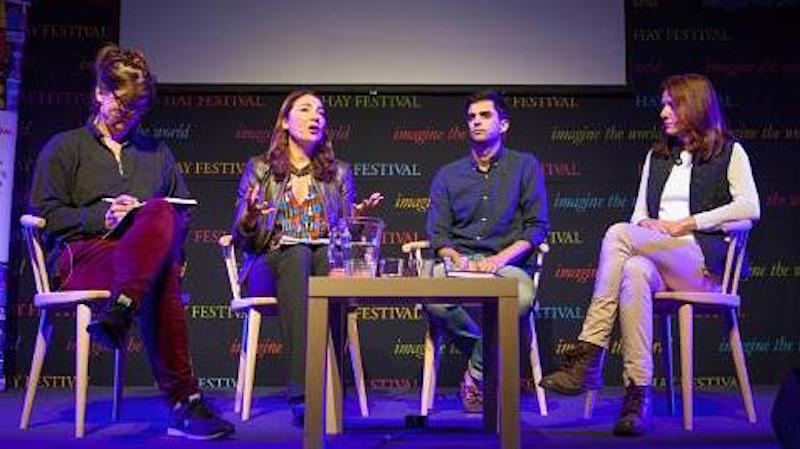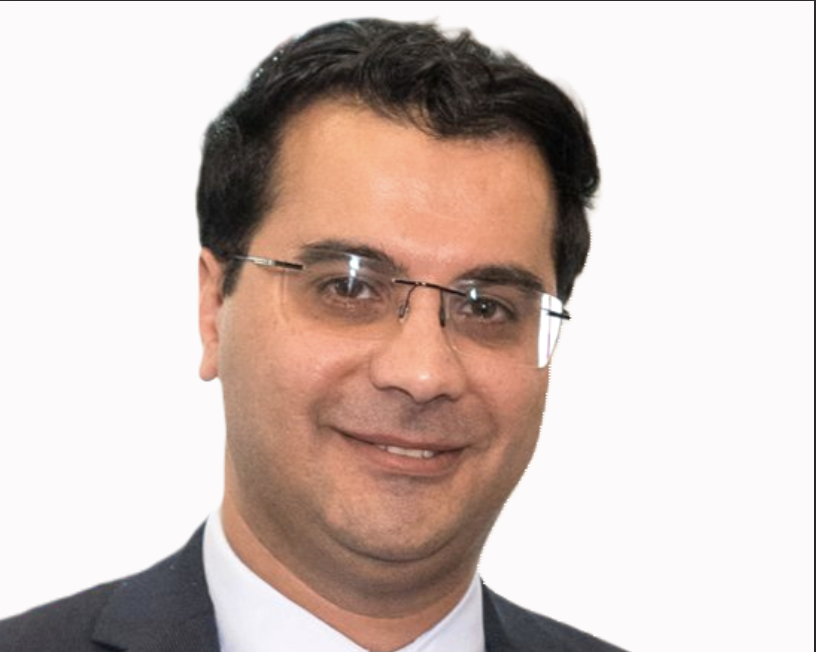“It took a murder to make me realise that the Europe we thought we were living in isn’t the Europe we’re inhabiting,” writes The Shift’s founder Caroline Muscat in a book to be launched on Wednesday as part of Europa28, a project which presents perspectives from each European Member State to discuss visions for the future of Europe.
The organisers of Europa28 selected 28 prominent female authors, thinkers, writers and scientists across genres and generations, in a project leading up to the European Capital of Culture in Rijeka in 2020. Their views come together in a book to be launched on 12 March.
Muscat was chosen by the organisers to write the chapter on Malta. The award-winning journalist is contributing an essay in the category of ‘Politics and Economy’ and she was selected for her “expertise and unique insights as a journalist”. Muscat won the international press freedom prize for independence for her work with The Shift.
Her chapter, titled ‘The Illusion of Europe’, speaks about the brutal murder of journalist and friend Daphne Caruana Galizia, assassinated on 16 October 2017.
“The values she died fighting for are the European values that united us. It’s time we starting living up to them with our actions, not just our words,” Muscat writes.
She explains how European institutions struggled to get a country to face justice and the democratic reforms needed, and how Malta’s problem was a European problem. The murder of Jan Kuciak and his fiancee only a few months later reinforced those concerns.
Our 13th #Europa28 woman is @muscatcar writing for Malta with her essay 'The Illusion of Europe'.
Caroline Muscat is an award-winning investigative journalist and the co-founder and editor of The Shift News.
Europa28, out 12th March: https://t.co/ZJiSUgcfyF #IWD pic.twitter.com/TREMQTzkV9
— Comma Press🍉 #CeasefireNow (@commapress) March 8, 2020
Muscat writes about Malta’s membership in the EU and how people voted believed that this step held promise for the freedom of journalists and the citizens of Malta. “We didn’t trust our own politicians to get things right, and so we voted to join, thinking our membership would prevent a recurrence of past governmental abuses.”
“And there was hope, at least for a while. But we took so much for granted. One of them was the belief that Europe would save us from our own worst impulses.”
In this short account of journalism and friendship, the author speaks, in a brutally honest way, about the role of a female journalist in a country like Malta.
“It remains difficult for a woman to get ahead, even when she’s so much more competent than her counterparts. Women who are bold and at the forefront of their journalistic professions have to deal with threats and language men don’t face.”
Among the topics which the author touches upon is the phenomenon of social media trolling, as she explains how new technologies that held such democratic promise were transformed into a platform for hate speech, leading people to be focused more on what divided us rather than united us.
“European institutions need the capability to deal with these rapid technological changes, and they also need robust mechanisms to compel Member States to uphold our shared values. Right now, we’re lacking both.”
Europa28 is celebrated at Hay Festivals in 2020, with many of the 28 participants speaking at events at the festivals worldwide. Muscat will speak in May at the event where the festival was born before joining the other participants at the final event in Croatia.
The festival has welcomed some of the best names in the field since it was born in Wales in 1988. Former US President Bill Clinton described the festival as “the Woodstock of the mind”.
The book, which offers new perspectives on the future of Europe and how it might be rebuilt, features essays, fictions and short plays. The book is published by Comma Press, and includes renowned writers from across Europe.
‘Inspiring, essential, honest and deeply humane… This brilliant collection takes readers on a brave journey into our beloved continent, Europe, daring to tell the stories beyond its centres of power and privilege,’ according to renowned author Elif Shafak.
The project culminates at the Hay Festival in Rijeka, Croatia, between 3 – 5 June 2020. The agenda comprises three full days of talks, debates and performances.
“This will be a body of work that encapsulates the human spirit. These writers and thinkers will change the world,” said Caroline Michel, Chair of Hay Festivals.













